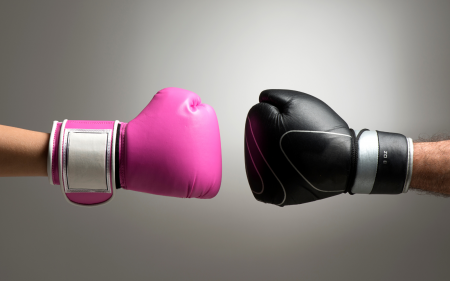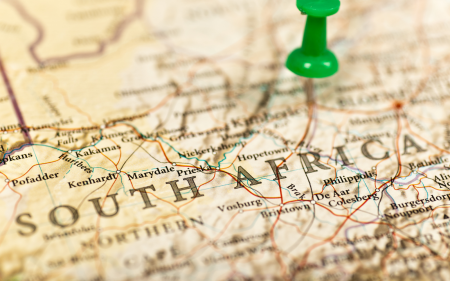It seems like a script form a movie, doesn’t it? Filled with fear-mongering Hollywood hyperbole, it’s a global pandemic that kills indiscriminately as it is piggy-backs on intercontinental flights and sews havoc across the globe.
But this kind of worst-case scenario that is a stable of Hollywood hyperbole is all too real. And it’s going to hugely influence not just on how we travel and live, will have a destructive impact on the high-tech industry. An estimated 90% of all consumer electronics are made in China and the Shenzhen region.
Apple has already warned of a potential US$4bn impairment on its earnings this quarter as it struggles to get components out of China, while the crucial Chinese market is effectively in quarantine. People are simply not going into stores, hence the slowdown. In February, the world’s largest wireless conference, MWC Barcelona, was cancelled over fears of the spreading of the COVID-19 virus.
Numerous conferences have been cancelled – as have global launch events for smartphone and other tech makers. There is even a petition – already signed by 10,000 people – to cancel the South By South West (SXSW) conference in Austin, Texas, this month. The knock-on effect of such event closures – such as the expected €500m economic boost the city of Barcelona was expecting – is going to hurt more than just the tech firms involved.
As reluctant as the World Health Organisation (WHO) is to call it a pandemic, but that is what it is. Some 50 countries are affected and infected tens of thousands. The humanitarian and economic effects will be unpacked elsewhere in this issue, so I will focus on the tech industry.
At least one manufacturer’s South African subsidiary has cancelled its launch plans over difficulties getting products into the country.
Shipping product across the world is obviously a problem for months, but considering its now a much bigger ongoing problem where quality control is now potentially going to require certification that there are no ride-along bugs. Will Chinese factories have to sterilise their products before shipping? Will receiving companies or countries have to do the same? What kind of cost will it add to the global supply chain?
This is the year that globalisation discovered its greatest strength is its greatest weakness: its barrierless and interconnected world is now its biggest transmitter of viruses. Flying direct from LA to China, or New York to Sydney, is a wonder of global travel but it suddenly got its wings clipped.
Similarly, this speed of shipping components from Germany and America, screens from South Korea and camera lenses from Japan, means you can assemble a sophisticated smartphone in China that can be shipped via container to a store in Nairobi or Chicago. But you can just as quickly spread the coronavirus.
Another huge concern is how it will impact the workforce. If you have a dedicated job but can work from home, then the economic impact is a lot less than a company that relies on the so-called gig economy. Uber, known for its lack of tact, issued another stunningly tone-deaf notice to its drivers last week, warning them, “if you feel sick, stay home”. And earn nothing. Cynics may say that is better than catching the virus, but it doesn’t solve the larger problem of how it’s going to impact all the people who work without the safety net that employment once offered.
This column first appeared in Financial Mail.




